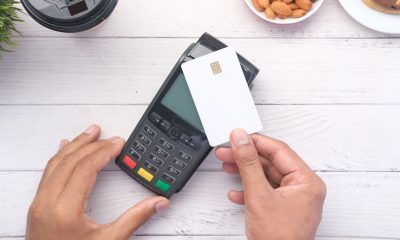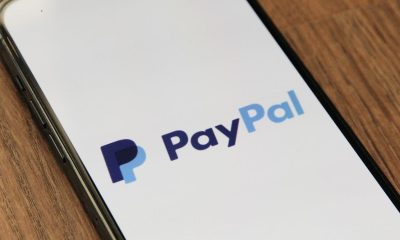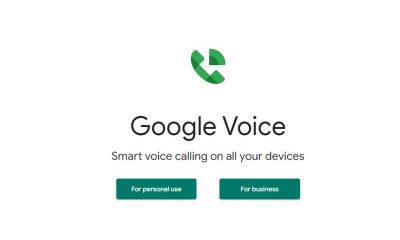review
PayID scam Facebook marketplace: Don’t fall for it
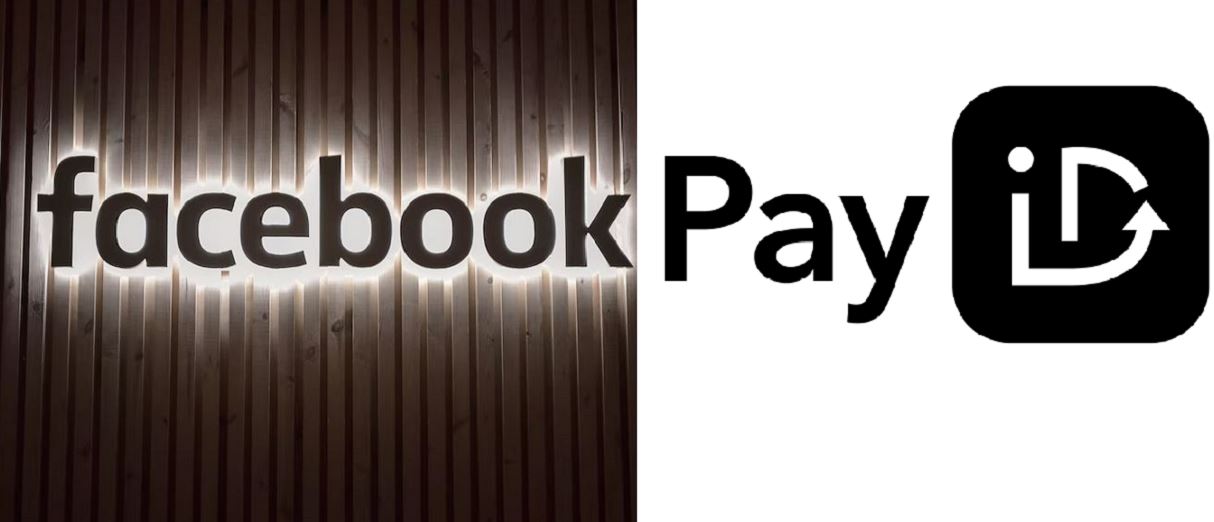
Facebook Marketplace can be a great online store to find reasonably priced used goods in your neighborhood or a great place to sell some old items you no longer need to fill up storage space.
You should exercise extreme caution when making Marketplace deals, as you should with any online transaction, as you COULD fall victim to fraud. The most common is the Payid scam on the Facebook marketplace.
Payid scam Facebook marketplace
A facility called PayID is available to almost anyone in Australia who has a bank account and can help protect against sophisticated frauds that target large one-time payments for transactions like buying a house.
Similar to your phone number, email address, or ABN, a PayID is an identifier that connects to your account and is simpler for you to remember than a BSB and account number.
However, fraudsters are tricking people using a PayID technique. To learn how the scam works, continue reading below.
Refund scam
In a typical Facebook Marketplace scam, the buyer would send a fraudulent payment screenshot for more than the sale price of the item and then convince the seller to refund the overpayment. Scammers are now persuading buyers to use PayId for payment transactions.
To make the scheme work, the scammer must obtain the seller’s email address as well as the phone number. The scammer is able to send a spoof email impersonating Payid to the seller after obtaining the seller’s email address, stating that they must upgrade their Payid account to a business profile in order to receive the payment and a refund of the upgrade cost. An example can be seen in the image below.
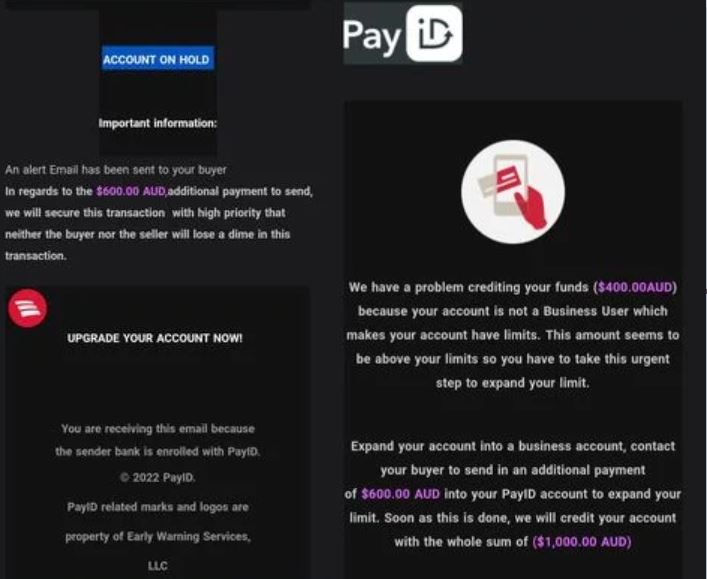
The scammer is quick to claim that they covered the costs, which range between $300 and $500. They will then send the seller screenshots of the forged notice, along with instructions on how the seller must immediately reimburse the buyer for the upgrade fee. The scammer will continue to message the seller in order to pressure them into transferring the alleged refund as soon as possible.
It’s important to note that the fake payid emails and texts have very bad grammar and that “AOL” or “GMAIL” is listed as the sender’s domain in the fake payid emails.
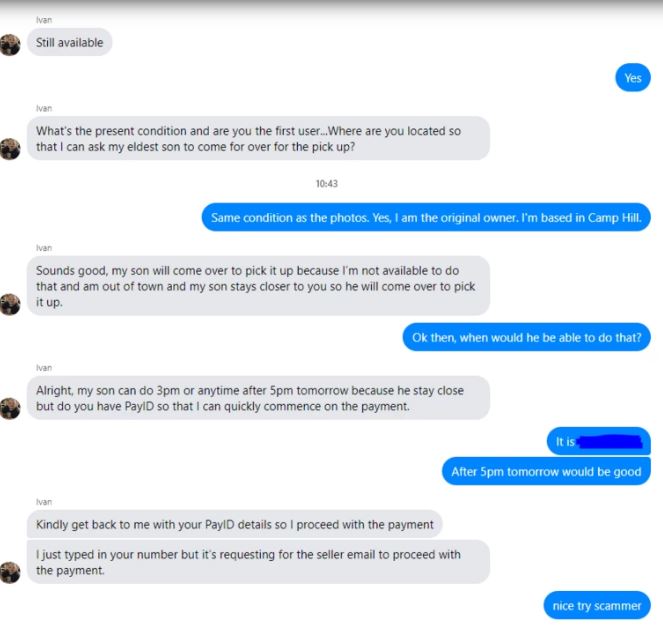
Phishing links
The Phishing Scam is a technique used by scammers to get you to reveal your personal and financial information by sending you emails or texts.
In the email sent to you by the scammer be careful not to click any links. When the link is clicked, the user is taken to the malicious phishing page. This page may be designed to harvest a user’s credentials or other sensitive information under the guise of updating a password or verifying a user’s identity.
Also, keep in mind that most of the emails sent by the scammer end up in the spam folder instead of the inbox. So be on the lookout.
How to report a buyer scam on Facebook Marketplace
- Click “Marketplace” in the menu
- Click “Your Account”
- Click “Your Listings”
- Click your listing that you want to report a scam buyer for
- Go to the messages between you and the buyer (or click “See More”)
- Click “Report Buyer”
- Follow the on-screen instructions to report the buyer
Are you a victim of the PayID scam Facebook marketplace? Share your experience below.

